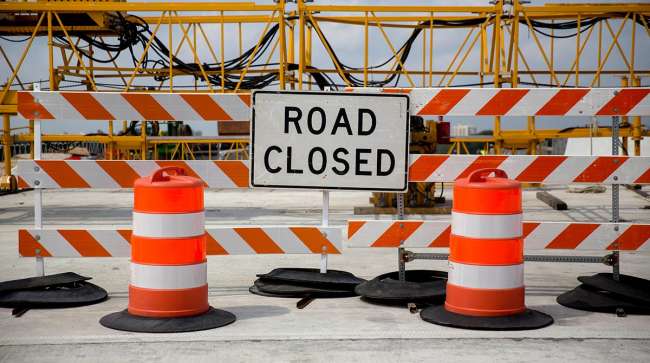Senior Reporter
Senate Democrats Call for Federal Infrastructure Funding Boosts

WASHINGTON — Loans, private capital and streamlining regulations will not replace a need for providing federal funds for infrastructure projects around the country, Democratic senators said in a hearing July 12.
The chamber’s committee on transportation policy examined how the federal Transportation Infrastructure Finance and Innovation Act, or TIFIA, loan program could be improved. The U.S. Department of Transportation has awarded states the loans over the years to assist with big-ticket projects.
“We should acknowledge that TIFIA is a useful tool but not a replacement for direct grants to states and cities. We also should look for opportunities to make TIFIA available for a wider range of projects,” said Sen. Tom Carper (D-Del.), ranking member on the Environment and Public Works Committee.
TIFIA is “not a sufficient solution” for funding infrastructure projects, Sen. Sheldon Whitehouse (D-R.I.) added.
Democrats also decried the Trump administration’s lack of progress in presenting an infrastructure proposal to Congress Thus far, Transportation Secretary Elaine Chao announced the proposal’s “principles,” consisting of promoting tolling nationwide and encouraging states to generate revenue and sell energy assets to offset costs for major projects. The administration is banking that $200 billion in federal funds would result in $800 billion in private investments over 10 years.
“We are seven months into the Trump administration, and we still haven’t seen any meaningful details of the president’s infrastructure plan. In fact, the president’s budget proposal is a net negative for infrastructure investments,” Sen. Tammy Duckworth (D-Ill.) said. “The costs of inaction are simply skyrocketing.”
Committee Chairman John Barrasso (R-Wyo.) backed certain innovations in transportation financing, such as TIFIA, while cautioning that private investments do not cover the needs for rural communities.
Experts before the panel promoted the view of including myriad proposals to fund infrastructure projects. Christopher Coes, a vice president at Smart Growth America, said an infrastructure bill should be backed by direct federal funding as well as an all-encompassing loan program.
“We believe TIFIA eligibility should be expanded to include the latest innovations in surface transportation and infrastructure such as broadband, autonomous vehicles, green infrastructure and infrastructure revolving funds,” said Coes, whose group advocates for investments in communities. “The inclusion of these projects will increase the volume of credit assistance and assist more communities to meet their unique infrastructure and financing needs.”
Jennifer Aument, representing Australian toll road developer Transurban, warned of unintended consequences related to TIFIA.
“TIFIA’s terms and risk profile shift from one project to the next and even within the negotiation of a single transaction. These changes are well-intentioned, often designed to address a risk identified in the last project or to anticipate new issues,” Aument said. “However, sizeable shifts in terms over time can have the unintended consequence of creating greater uncertainty and risk, which drives up project costs, delays project implementation and reduces the benefits that can be delivered.”
Recent TIFIA loan recipients include upgrades to State Highway 288 in Houston and new express lanes in the Denver metropolitan region. According to DOT, the TIFIA program has closed $26.4 billion in financing to support nearly $100 billion in projects for rail, highway and transit.

